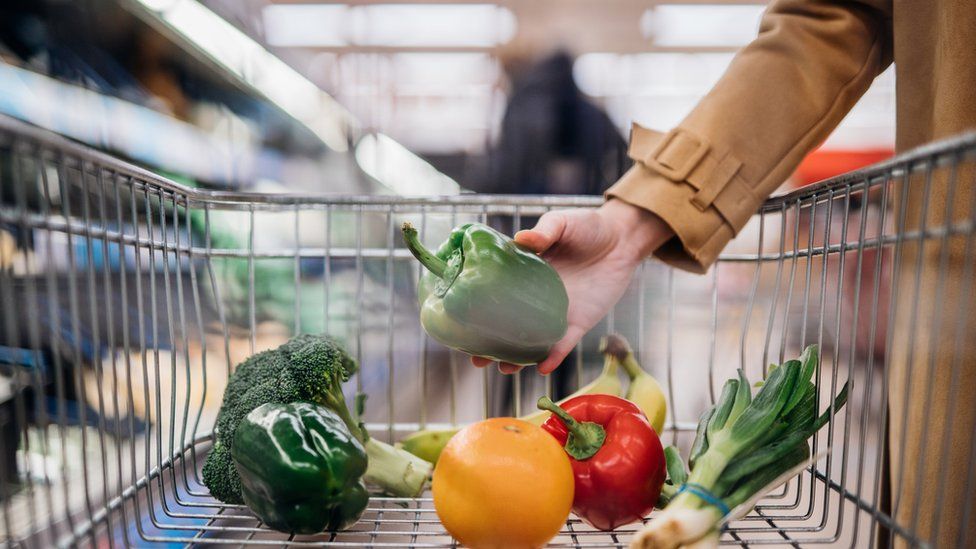ARTICLE AD BOX
 Image source, Getty Images
Image source, Getty Images
By Beth Timmins
Business reporter, BBC News
Sales of some fruit and vegetables have been limited by two of country's largest supermarkets, Asda and Morrisons.
It's down to bad weather in Europe and Africa and the impact high electricity prices is having on produce grown in the UK and the Netherlands.
What types of fruit and veg are running low?
Asda has capped sales of certain fruit and vegetables at three items each per customer.
It applies to tomatoes, peppers, lettuce, salad bags, cucumbers, broccoli, cauliflowers and raspberry punnets.
Morrisons has set limits of two on cucumbers, tomatoes, lettuce and peppers.
Tomatoes and pepper lines seem to be worst hit at both retailers but its unclear whether this is because they are popular.
Why is there a shortage?
In the winter months the UK imports around 95% of its tomatoes and 90% of its lettuces, most of it from Spain and north Africa, according to trade group the British Retail Consortium (BRC).
But Southern Spain has been suffering unusually cold weather and in Morocco crop yields have been affected by floods, while storms have led to ferries being delayed or cancelled.
It led to Morocco barring exports of tomatoes, onions and potatoes to West African countries earlier this month as it tried to protect exports to Europe.
The UK also gets a lot of produce at this time of year from the UK and Netherlands. But farmers in both countries have cut back on their use of greenhouses to grow winter crops due to higher electricity prices.
How long will it last?
The shortages are only expected to last "a few weeks" until the UK growing season begins and supermarkets find alternative sources of supply, according to the BRC.
It added that supermarkets were "adept" at managing supply chain issues and were working with farmers to ensure there was enough fresh produce for customers.
Image source, Getty Images
Has Brexit had an impact?
Anecdotal evidence suggests the UK has been bearing the brunt of the shortages, but problems have also been reported in Ireland. Other European countries appear less affected.
Industry sources suggested the UK may be suffering because of lower domestic production and more complex supply chains, as well as a price-sensitive market.
But they said Brexit was unlikely to be a factor.
The main impact of new border procedures for fruit and vegetable imports will not be felt until January 2024 - while imports from Morocco, which is outside the EU, are already subject to border checks.

 1 year ago
33
1 year ago
33








 English (US) ·
English (US) ·